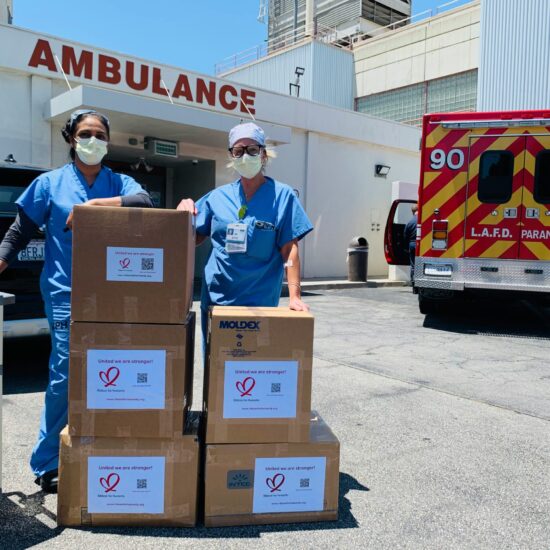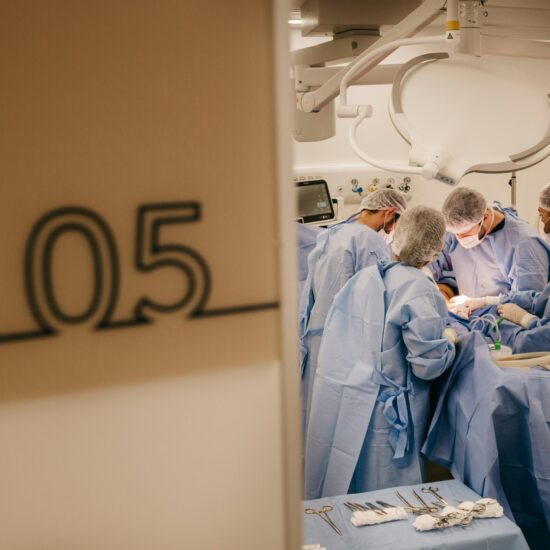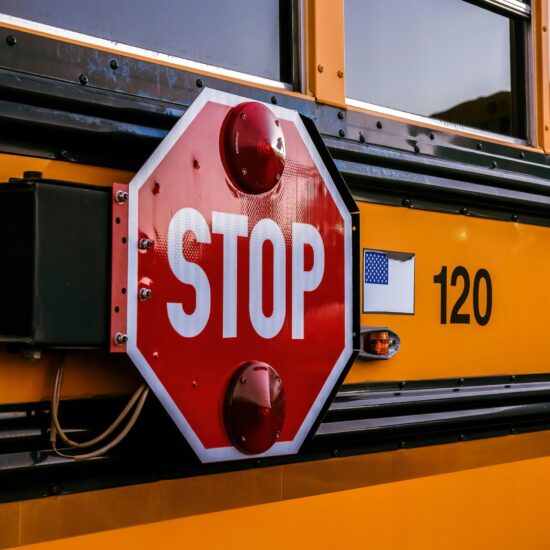The election of Donald Trump and the Republican dominance in both houses of Congress and state governorships and legislatures and possibly a majority of the Supreme Court means that major changes are coming that will affect the health and health care of people.
Not the least of these is an escalation in harassment and bullying against people of color, women, LGBTs, and Muslims. This week on HealthCetera radio, Senior Fellow and radio co-producer Kenya Beard, RN, EdD, joins producer and moderator Diana Mason, PhD, RN, FAAN, in discussing implicit and explicit bias and its effects on the health and well-being of people and what people can do to create safe places for those being bullied.
The Safety Pin Brigade provides a visual symbol of safety and willingness to intercede to stop the bullying. People simply attach a safety pin to their coats or jackets or blouses to send the message to those who don’t feel safe that the person is a safe harbor. Drs. Beard and Mason also discuss a strategy to stop the bullying and harassment that was developed specifically for Islamaphobic attacks but is relevant to all situations of bullying. It includes calmly sitting down with or standing next to the person being bullied and initiating a conversation with them about something other than the incident of bullying. The intervening person ignores the bully and avoids eye contact with the bully. Instead, the person maintains eye contact with the person being bullied and continues to talk calmly with them. The expectation is that the bully will eventually leave, after which the person should escort the person being bullied to a safe place.
They also discuss expected federal policy changes that include crippling the Affordable Care Act or Obamacare in ways that will see the nation returning to almost 50 million uninsured people; privatization of Medicare; scaling back Medicaid by turning it into a block grant to states; failing to reauthorize the Child Health Insurance Program that has been responsible for ensuring that poor children have health insurance coverage even if their parents do not; removing protections against environmental degradation, including from climate change; and attempting to reverse Roe v. Wade and other changes to restrict women’s reproductive rights and health. You can listen to this interview here in two parts:
The program ends with a brief interview with Elie Kindisi Kabulululu, a nurse and deputry president of the Democratic Republic of Congo Nurses Association and Coordinator of an NGO working in the challenging and insecure circulstances of the East Congo at Beni North Kivu. Last week, rebels based in Uganda attached a village and health center 30 kilometers from Mr. Kabulululu’s village. He shares what happened and the priority of finding ways to help the roaming children who are homeless after the death of their parents. You can listen to this interview here:
So tune in on Thursday, November 17, 2016, at 1:00 to WBAI, 99.5FM in New York City or streaming online at www.wbai.org.
Podcast: Play in new window | Download (28.7MB)
Subscribe: RSS









